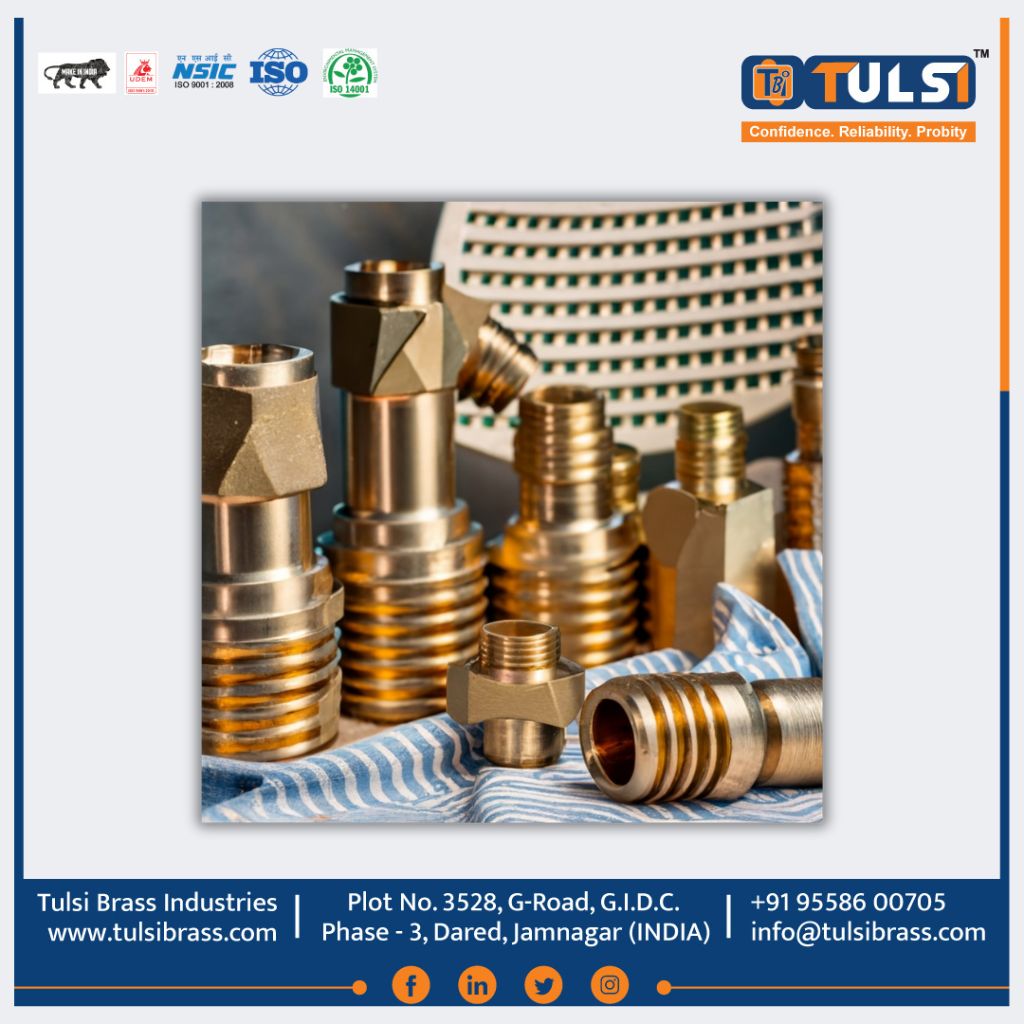Is it Safe to Use Brass Fittings for Natural Gas?
Natural gas is a popular choice for heating and cooking in many homes and businesses. When it comes to installing gas lines, the safety and reliability of the components used are of paramount importance. One common question that arises is, “Are brass fittings okay for natural gas?” In this article, we will delve into the suitability of brass fittings for natural gas applications and explore the factors you need to consider.
Understanding the Role of Fittings in Gas Lines
Before we address the brass fittings specifically, let’s clarify the role of fittings in a natural gas system. Fittings are essential components used to connect various parts of a gas pipeline. They ensure a secure and leak-free connection between pipes, valves, and appliances. The choice of materials for these fittings is crucial to prevent gas leaks and ensure the safety of the entire system.
The Brass Advantage
Brass fittings have been a popular choice for gas installations for several reasons:
- Corrosion Resistance: Brass is highly resistant to corrosion, making it a suitable material for gas applications. It can withstand the corrosive properties of natural gas and moisture, reducing the risk of deterioration over time.
- Durability: Brass fittings are known for their longevity. They can endure the pressure and stress of gas flow, making them a reliable choice for long-term use.
- Tight Seals: Brass fittings can form tight seals, reducing the chances of gas leakage. This is crucial for maintaining the integrity of the gas system and ensuring safety.
Factors to Consider
While brass fittings offer many advantages, there are factors to consider when deciding if they are suitable for your natural gas installation:
- Codes and Regulations: Check your local building codes and regulations regarding gas fittings. Some areas may have specific requirements for materials used in gas systems.
- Compatibility: Ensure that the brass fittings you choose are compatible with the type of natural gas you are using, as well as the pressure and temperature requirements of your system.
- Regular Maintenance: Like any other material, brass fittings require regular inspection and maintenance to ensure their continued reliability.
Conclusion
In conclusion, brass fittings can be a suitable choice for natural gas installations due to their corrosion resistance, durability, and ability to form tight seals. However, it’s crucial to consider local regulations, compatibility with your gas type, and regular maintenance to ensure safety and reliability.
Remember that safety should always be the top priority when working with natural gas. If you have any doubts or concerns about using brass fittings for your gas system, consult with a professional plumber or gas technician for expert advice. Proper installation and maintenance are key to a safe and efficient natural gas setup.

